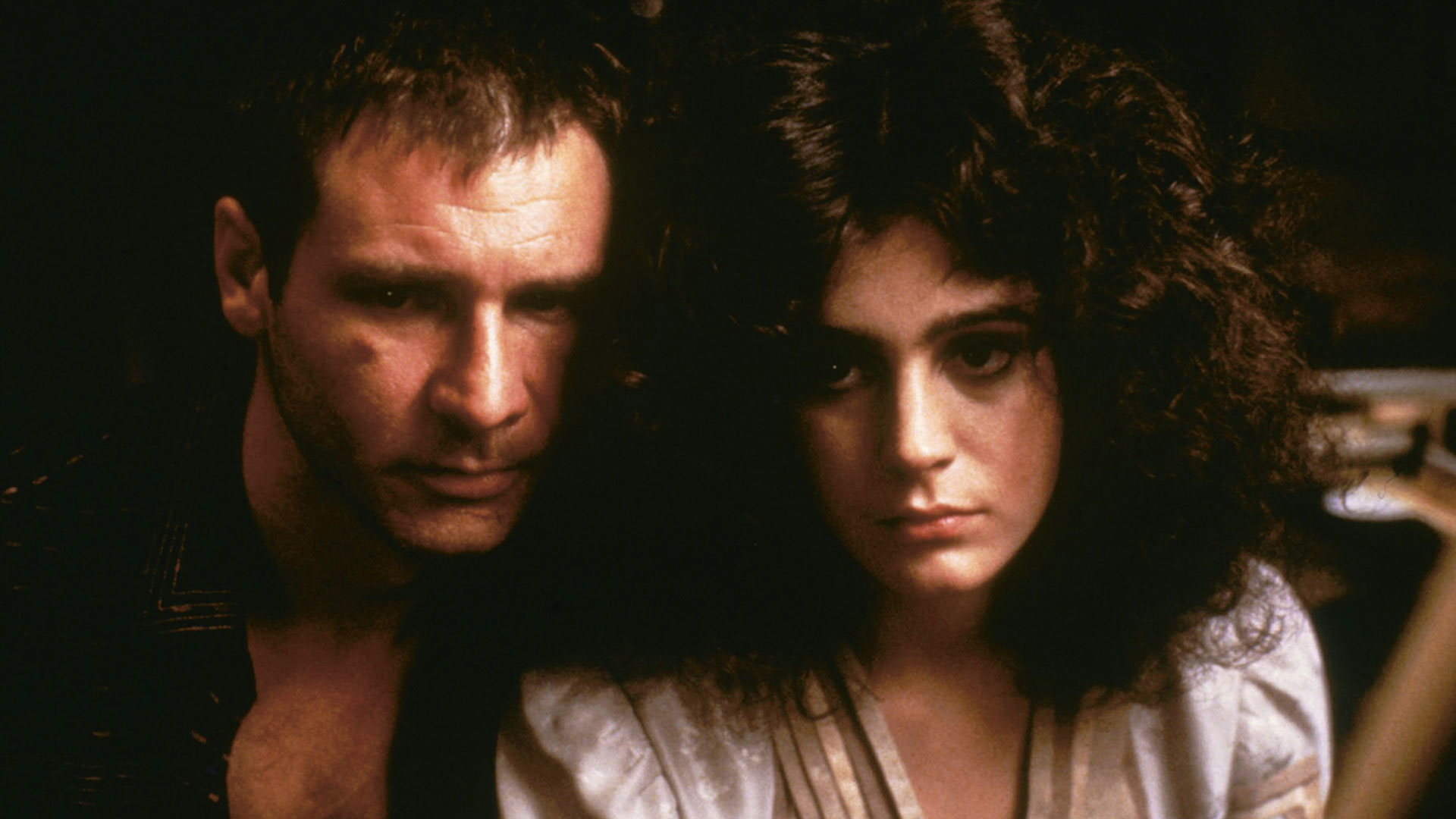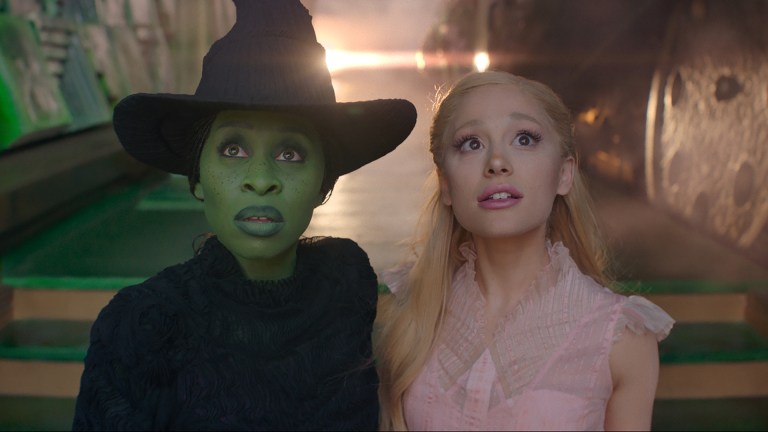Blade Runner focuses on the idea of replicants: bioengineered machines that are all but indistinguishable from humans. Only the polygraph-like ‘Voight-Kampff test’ can detect the tiny bodily changes that reveal the deficit of humanlike empathy in replicants. The strange thing is, some of the replicants don’t know that they are actually robots, and are devastated when they find out the truth.
The film raises some deep philosophical questions. What does it mean to be human? And what qualities make humans different from machines? These age-old queries are becoming newly relevant in our artificial intelligence-powered age. While AI has made impressive leaps in the last decade, today’s most advanced ‘intelligent’ machines are still remarkably narrow. While we increasingly rely on virtual smartphone assistants, GPS navigation devices, speech-recognition programmes, automated photo tagging, spam detection and the like, these AI systems are a far cry from the replicants of Blade Runner’s imagined 2019. But AI is continually improving. It’s possible that some day, probably far in the future, nonbiological replications of human-level intelligence will finally be achieved. At that point, we will be faced with a reckoning: Should we consider these intelligent entities to be essentially human or more like unfeeling automata?
I don’t know when that time of reckoning will come, but I have a prediction: any non-biological entity with humanlike intelligence will be something like the replicants in Blade Runner: they will have bodies like ours, they will have humanlike emotions, and, yes, they will feel humanlike empathy. Humans are social beings first and foremost, and the purpose of our intelligence is to function as members of a social group. Emotions, empathy and even our well-documented cognitive biases are part and parcel of what gives rise to our general intellectual abilities. My hunch is that the same must be true of any AI system that has full, ‘human-level’ intelligence; their intelligence, like ours, will be built on these most human of qualities. And importantly, like Rachael, the beautiful replicant that the blade runner Deckard falls in love with, these fully intelligent AI systems won’t think of themselves as machines.
I have one more prediction. Advances in AI will go hand in hand with advances in our scientific understanding of our own human intelligence. As a result, the line between humans and machines will blur. We’ll understand more clearly how all the elements of human cognition – perception, reasoning, language, emotions, consciousness, and our extraordinary sense of selfhood – emerge from a vast, complex, biological machinery, namely the trillions of cells that make up our brains and bodies. Moreover, just as Blade Runner’s replicants are the product of ‘advanced robot evolution’, we too will understand better how our long-ago ancestors were machine-like – the simple, mindless, replicating macromolecules that kickstarted the history of life.
The line between humans and machines will blur
The emergence of complexity from simplicity is one of nature’s most powerful processes. The fact that our intelligence emerges from mindless bio-machines doesn’t mean that we ourselves are mindless robots. Likewise, as the final scenes of Blade Runner imply, the fact that replicants are the product of robot evolution doesn’t mean that they can never be human, at least in their desire for freedom, life, and love.










